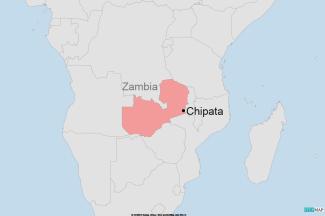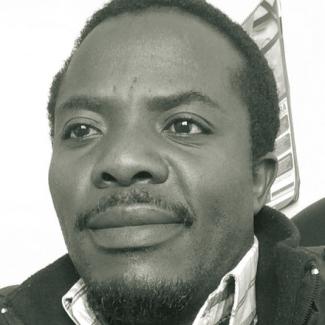Tradition
Nc’wala festival boosts tourism in Zambia
 StepMap
StepMap
The annual event is a traditional festival among the Ngoni people in February. They celebrate with their famous Ngoma dances, artistically dancing while stomping the ground and waving clubs: a show of the might of the Ngoni people. At the ceremony, selected warriors open the celebration by spearing a black bull to death, slitting its throat and collecting the blood for the traditional leader, the paramount chief, to drink. This brutal ceremony traditionally signalled to the Ngoni that it was time to eat and drink their seasonal farm harvests.
The Ngoni people traditionally occupy modern-day Zambia, Mozambique, Malawi and South Africa. They are believed to be descendants of the Zulu of South Africa who settled here after fleeing wars. Monica Mbewe, a Ngoni based in Lusaka, says: “The celebration makes us keep the tradition of our forefathers alive and helps the new generation know their roots.”
Entrepreneurs and businesses in Chipata town of eastern Zambia are excited about the festival. The town receives local and international tourists coming to witness the traditional celebrations. “Nc’wala is a platform for us to display our quality services. Our accommodation facility is usually fully booked. We have been so busy, hosting multiple clients during the ceremony,” says Racheal Banda, a supervisor at Eastern Comfort Lodges, a popular tourist accommodation in Chipata.
Banda is optimistic that the future of the hospitality industry in the district is bright. During Nc’wala, business in Chipata is always at its peak as tourists from across the globe trek to the border town to attend the event headlined by exciting local cuisines. Due to the festival’s popularity, even neighbouring towns benefit. Not all tourists can find accommodation in Chipata district and therefore towns such as Katete, Petauke, Mwami and those in neighbouring Malawi receive and host tourists.
At Royal Orbit Lodge located along the Great East Road, an executive room costs $ 145 a night while a standard room goes for $ 104 for the Nc’wala weekend. On regular days, these rates are way lower.
Local taxi driver, Aaron Gondwe, relishes the festival as multiple clients seek his service at almost double the usual rates. “I anticipate a profit margin of not less than K 20,000 ($ 785) as my five cars get busy during the event ferrying clients prior, during and after the event,” Gondwe said.
As transporters, hoteliers and lodging operators take advantage of the event and boost their sales, traders of various goods and services benefit too. “I always expect more sales for my artwork before the end of the event. This festival has always remained a pillar of our industry. Most of our buyers are tourists who come to attend Nc’wala,” said Martin Jere, who specialises in artefacts such as sculptures.
The Eastern Province Chamber of Commerce and Industry (EPCCI) has over the years positioned itself for business opportunities that come with the ceremony. Chamber president, Thomas Mtonga, said that, as a legacy of cultural heritage, the Nc’wala festival has continued to contribute to the growth of the tourism and hospitality industry in the province.
Derrick Silimina is a freelance journalist based in Lusaka.
derricksilimina@gmail.com


